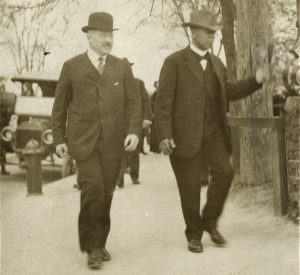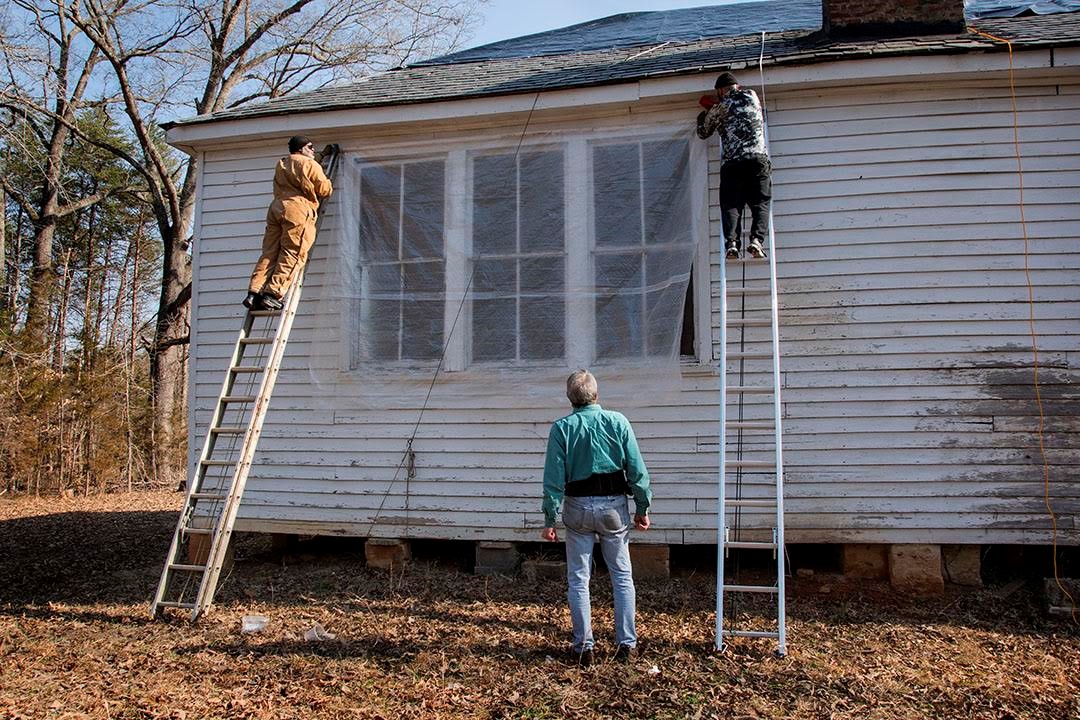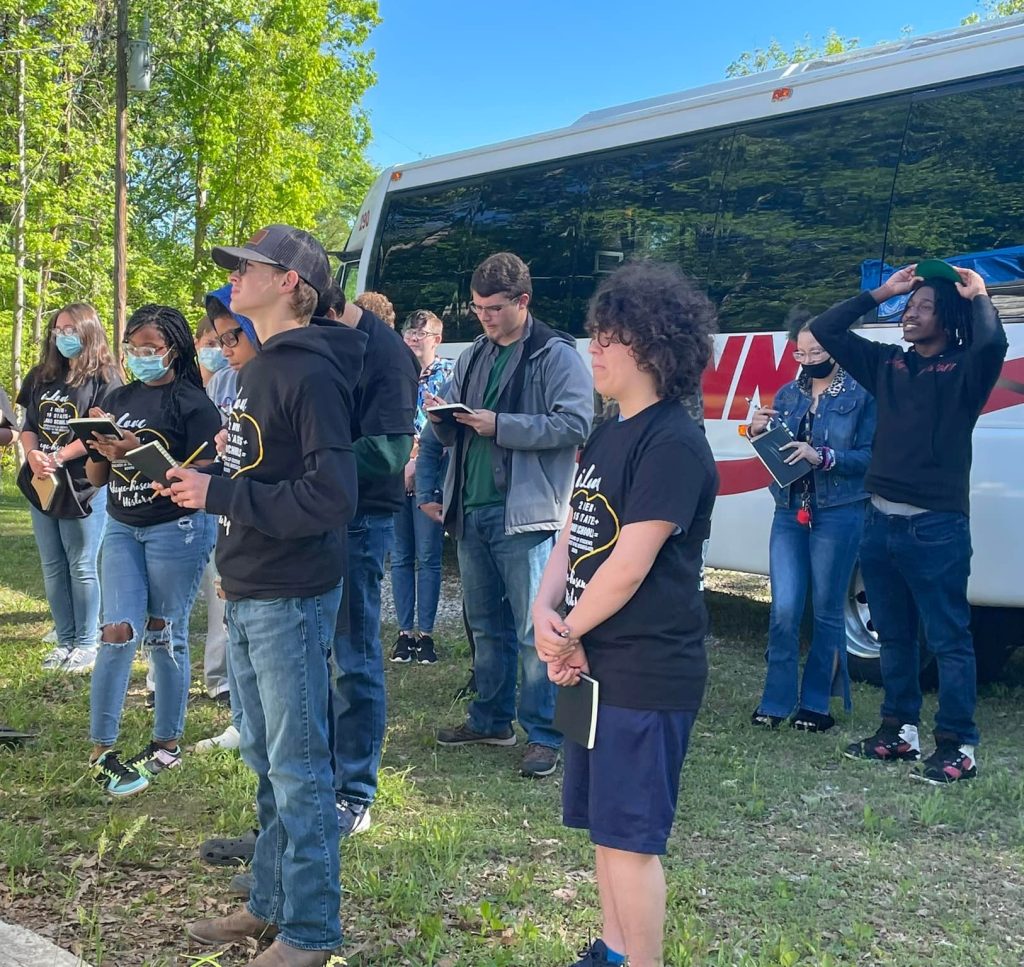
For nearly half a century, the Pine Grove school in Cumberland County was a thriving community hub. Built in 1917 as part of the Rosenwald rural school building program, the two-room schoolhouse “educated children from kindergarten through middle school. It was the only place for Black children to learn” during segregation, says Stephanie Willett, whose grandfather and mother, as well as some aunts and uncles, went to the school. In all, 181 children in the community attended the school during its operation.

After the integration of public schools in Virginia in 1964, members of the Pine Grove community bought the schoolhouse at auction and used it for a time as the Pine Grove Community Center, but ultimately it fell into disuse, and over the decades the building’s age started to show. In 2018, a little more than a century after its construction, a group of community members prevented another auction by paying the back taxes on the schoolhouse and acquiring the deed. The organization was called the Agee Miller Mayo Dungy (AMMD) Pine Grove Project in honor of former students and their descendants, and its mission was to bring the building and its grounds back to life.
A $25,000 Get Outdoors Fund grant from VOF in 2021 has helped begin that work, by providing funds to maintain the grounds around the school, make the first legal plat map of the school parcel, install a fence to deter trespassing, restore outdoor lighting around the school building, and assist with operating costs. The vision is to create a park around the renovated school building, with a multi-purpose green space on the school grounds. The park will host community gatherings, interpretive space, and nature trails.
As AMMD Pine Grove Project’s fiscal manager, Willett says VOF’s early faith in the project laid the foundation for bigger asks. “We had gotten some mini grants, but VOF was our first big award. It gave us the confidence to go after funding from the National Park Service, and we got it.” The $290,000 NPS award will go toward stabilizing the building and mapping out the next steps toward rehabilitating it for use.

It is estimated that fewer than one-third of all Rosenwald schools built across the South still stand today, and those remaining were placed on the National Trust for Historic Preservation’s list of most endangered historic buildings in 2003. The Pine Grove School had the further distinction of being listed on the National Register of Historic Places in 2020 and was recognized again in 2020 as a National Historic Landmark. A celebration and placement of the marker will take place in late April.
The school’s latest designation also marks the newest challenge along the way to its rebirth: In 2021, Pine Grove School was included on the National Trust for Historic Preservation’s yearly list of America’s 11 Most Endangered Historic Places. The more specific “endangered” designation comes as a private company seeks permission to build a large landfill less than 1,000 feet from where the school stands. The Army Corps of Engineers is currently reviewing plans for the project.

In the meantime, programming related to the building and its history is going strong. Willett says that getting younger generations engaged with the meaning and legacy of the site was an early effort of AMMD Pine Grove Project, which has sponsored history writing contests in the local schools and used a Virginia Humanities grant to pay for student tours of other Rosenwald schools in the area that are still standing. “You plant seeds and you have to trust that they will bloom in due season. It’s one of the more rewarding aspects of what we do,” says Willett.
As for the possible approval of the neighboring landfill, AMMD Pine Grove Project is not deterred. “Restoring the school is important work,” she says. “It would be less than ideal if the landfill were there in our eyes, but we’re going to finish what we started.”
